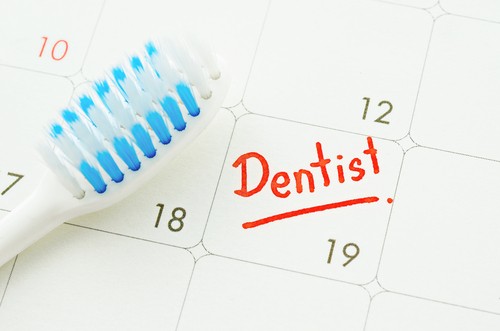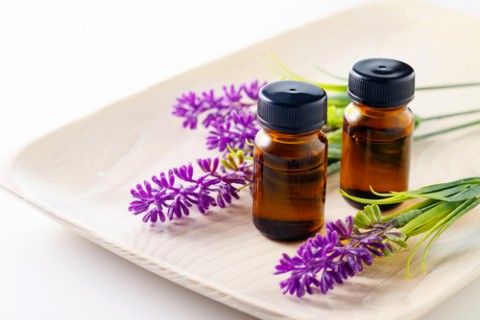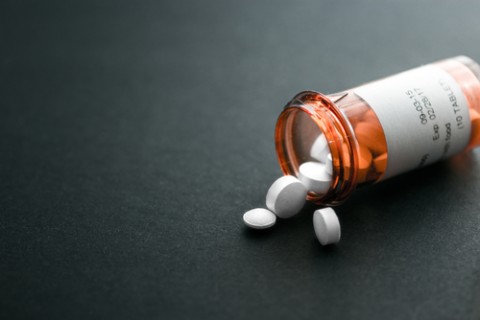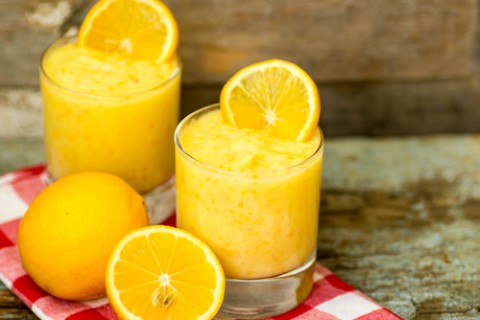 When the most recent round of California wildfires began earlier this fall, little did anyone know how devastating the disaster would be - or how hard it would be to identify the dozens of victims of the wild blaze. But a grim form of dentistry - forensic dentistry - is coming to the rescue in a big way.
When the most recent round of California wildfires began earlier this fall, little did anyone know how devastating the disaster would be - or how hard it would be to identify the dozens of victims of the wild blaze. But a grim form of dentistry - forensic dentistry - is coming to the rescue in a big way.
 Odontophobia. It’s kind of a funny word, but it’s no laughing matter. Odontophobia is the fear of going to the dentist - a fear that an estimated 10 percent of the population have so severely that it keeps them from attending routine dental exams. The danger in this, of course, is that if you don’t go to the dentist, you could be missing some very harmful oral health problems, like cavities, periodontitis or abscesses, all of which, if left untreated, can easily worsen and wreak major havoc on your mouth.
Odontophobia. It’s kind of a funny word, but it’s no laughing matter. Odontophobia is the fear of going to the dentist - a fear that an estimated 10 percent of the population have so severely that it keeps them from attending routine dental exams. The danger in this, of course, is that if you don’t go to the dentist, you could be missing some very harmful oral health problems, like cavities, periodontitis or abscesses, all of which, if left untreated, can easily worsen and wreak major havoc on your mouth.
 With growing cries from as high up as the White House for America to tackle the growing opioid addiction crisis, the American Dental Association announced it will now take a hardline approach to dentists prescribing the drugs. ADA President Dr. Joseph Crowley has asked that all 161,000 member-dentists "eliminate opioids ... if at all possible." While the move is a noble attempt to help reduce addiction and cull the sale of opioids from the secondary market, many are left wondering what it could mean for the comfort of patients undergoing painful procedures like pulled teeth, dental implants and root canals.
With growing cries from as high up as the White House for America to tackle the growing opioid addiction crisis, the American Dental Association announced it will now take a hardline approach to dentists prescribing the drugs. ADA President Dr. Joseph Crowley has asked that all 161,000 member-dentists "eliminate opioids ... if at all possible." While the move is a noble attempt to help reduce addiction and cull the sale of opioids from the secondary market, many are left wondering what it could mean for the comfort of patients undergoing painful procedures like pulled teeth, dental implants and root canals.
 With so many healthy dietary choices out there, most Americans have no reason to eat junk food if they can help it. But just because a food is good for you doesn’t mean it’s a good choice to eat before your dental or orthodontic appointment. If you’re wondering what to avoid before you hit the dental chair, check out this list of the top five offenders, and what makes them such a bad mix with your exam.
With so many healthy dietary choices out there, most Americans have no reason to eat junk food if they can help it. But just because a food is good for you doesn’t mean it’s a good choice to eat before your dental or orthodontic appointment. If you’re wondering what to avoid before you hit the dental chair, check out this list of the top five offenders, and what makes them such a bad mix with your exam.



